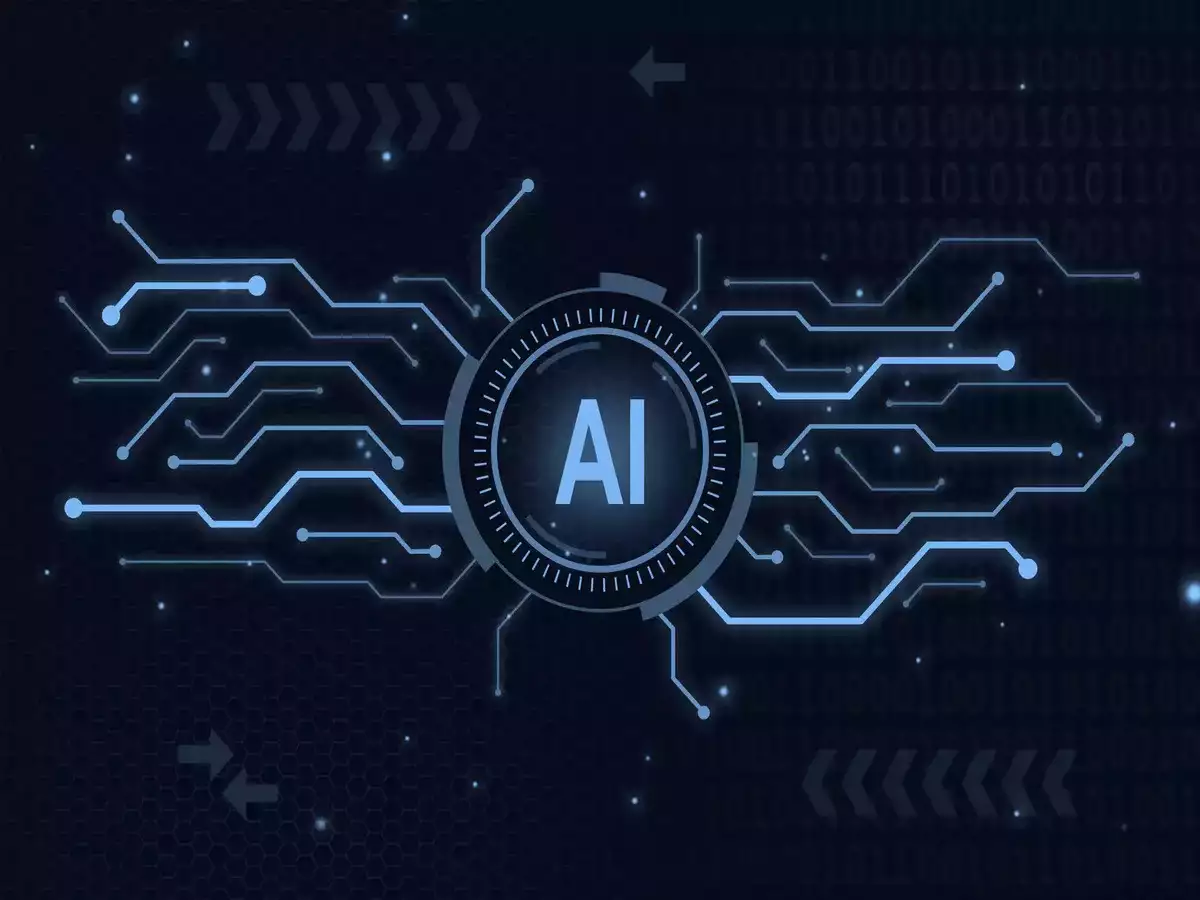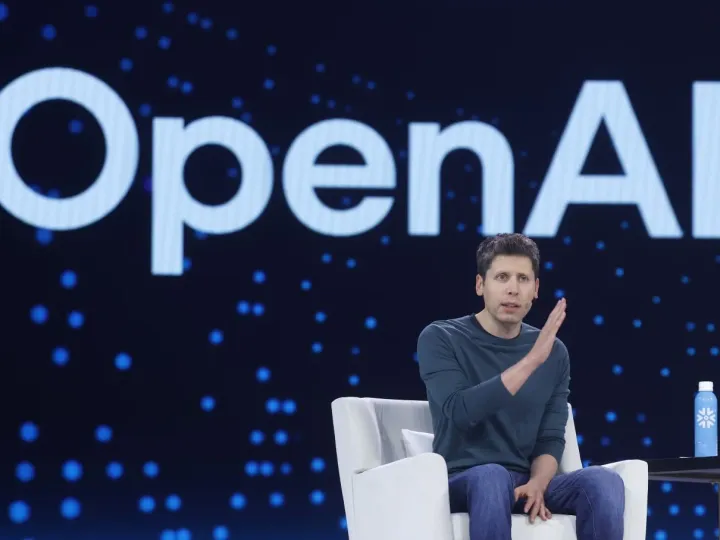AI Could Crush Low-Cost Labor Advantage in Developing Countries, Warns UN

UN Report Raises Alarm: AI Could Disrupt 40% of Jobs Worldwide
The United Nations Conference on Trade and Development (UNCTAD) has issued a bold warning: generative AI could impact over 40% of jobs globally, posing a serious risk to the global labor market — especially in developing nations.
In its April 3, 2025 report, UNCTAD highlights how AI-driven automation might not only displace traditional jobs but also widen the technological gap between rich and poor countries.
“AI isn’t just about job loss. It’s about economic power, innovation, and control,” the report emphasized.
AI Disruption: Who’s Most at Risk?
Developing Countries May Lose Their Labor Edge
For decades, many developing economies have relied on low-cost labor to drive growth. But with AI now capable of performing many manual and cognitive tasks, this competitive edge may vanish.
“AI threatens to undercut the very thing that made many economies viable in the first place — cheap human labor,” says the report.
UNCTAD warns that this could cause widening inequalities between nations that can afford advanced AI systems and those that can't.
It’s Not All Doom and Gloom: AI Can Also Create Jobs
Despite the scary stats, the UN points out that AI can also be a powerful tool for job creation, innovation, and productivity.
With the right policies, AI could:
- Empower workers with new tools
- Spawn new industries like AI ethics, AI auditing, and robotics maintenance
- Help streamline public services like healthcare and education
But — and this is a big “but” — only countries with access to resources and AI infrastructure will benefit unless there's a global push for equity.
The AI Economy: Bigger Than Germany by 2033?
UNCTAD predicts that by 2033, the AI industry could be worth a staggering $4.8 trillion — about the size of Germany’s economy today.
Yet, just 100 companies, mostly based in the U.S. and China, account for over 40% of all global corporate R&D spending.
“Apple, Nvidia, and Microsoft are each worth as much as the entire African continent's GDP,” the report highlights, underlining the danger of corporate dominance in AI.
Developing Countries Are Missing from the AI Conversation
118 Nations Have No Voice in Global AI Policy
One of the most concerning revelations? 118 countries — mostly in the Global South — are absent from major AI policy and governance discussions.
This raises serious questions about who is shaping the future of AI and whether the benefits will be shared equitably.
“AI must serve all of humanity, not just a privileged few,” the UNCTAD report warns.
What Can Be Done? UNCTAD’s Recommendations
To avoid a future where AI worsens inequality, the UN suggests:
1. Public AI Disclosure
Companies and governments should disclose how AI tools are used, especially in decision-making roles (e.g., hiring, policing, credit scoring).
2. Shared AI Infrastructure
Developing countries need access to computing power, data, and tools to build their own AI systems.
3. Open-Source AI Models
Encouraging the use of transparent, open-source models can prevent AI monopolies and allow local innovation.
4. International AI Cooperation
We need global governance, including all countries, not just tech giants and wealthy nations.
A Global Wake-Up Call
The UN's message is clear: AI could be a force for global prosperity — or global inequality. The outcome depends on what steps the world takes today.
As AI technologies evolve rapidly, so must the frameworks that govern their development and distribution. Otherwise, we risk watching one of the biggest technological revolutions in history deepen the divide between the tech-rich and the tech-poor.
“Strategic investments, inclusive governance, and international cooperation are key to ensuring that AI benefits all,” the report concludes.



